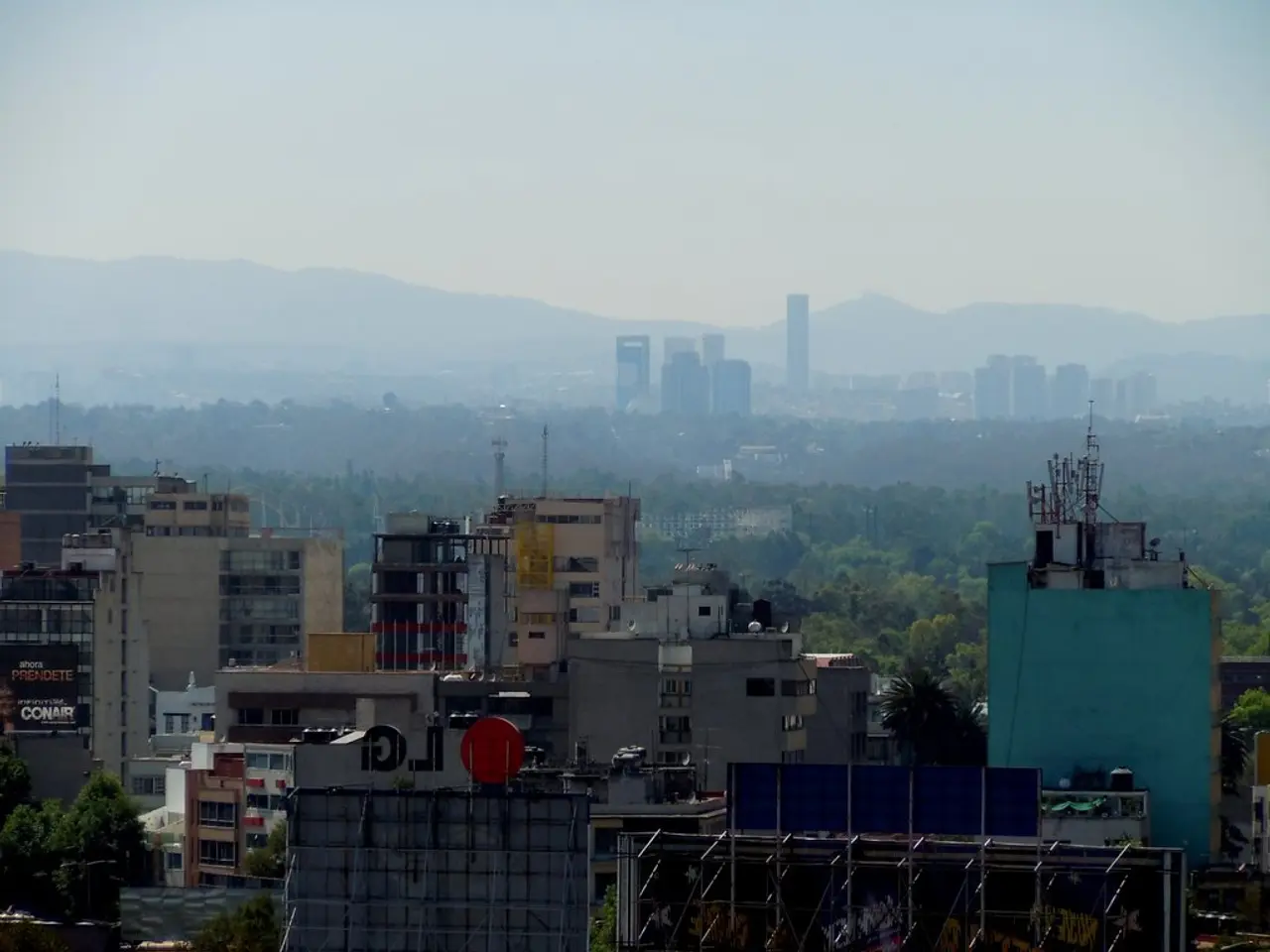Reports from the United Nations are frequently overlooked by many.
The United Nations (UN) is currently navigating a series of significant challenges, including internal crises due to underfunding and unpaid contributions from some countries. At the heart of these issues lie inefficiencies, duplication of tasks, and financial management concerns.
One of the main issues is the excessive mandates and overlapping functions within the UN system. With over 40,000 active mandates administered by around 400 intergovernmental bodies, the UN system requires over 27,000 meetings annually and generates enormous documentation, costing approximately $360 million per year. Many mandates are outdated, overlapping, or duplicative, with more than 85% lacking review or termination provisions, leading to repeated discussions with only marginal changes and spreading resources thinly across tasks.
This fragmentation and lack of coordination among multiple UN entities often justify separate programs and budgets, causing inefficiency, duplication, and reduced overall impact. This fragmentation contributes to a focus on process rather than results, straining the organization's ability to deliver on its goals effectively.
The UN is also grappling with a severe financial crunch, with projected resource shrinkage of up to 30% for 2025 compared to 2023. Key agencies like the World Food Program and UNHCR face severe budget deficits of 30-40%, and the UN Secretariat may have to cut at least 20% of staff to manage immediate cost savings.
To address these issues, the UN80 Initiative launched by UN Secretary-General António Guterres proposes comprehensive reforms focused on streamlining tasks, improving internal efficiency, cutting red tape, and optimizing partnerships and the global footprint to reduce duplication and improve coherence across the UN system. This includes a recent Mandate Implementation Review aimed at enhancing how mandates are created, implemented, and reviewed.
Despite these challenges, the UN continues to make a significant impact in various areas. For instance, the UN has achieved significant success in fighting hunger, feeding around 120 million people, mainly in Africa. The organization's work often goes unnoticed by those not involved, mostly consisting of routine humanitarian aid and sustainable development issues.
In conclusion, the UN's challenges revolve around an increasingly complex and overlapping mandate structure that strains resources, a severe financial crunch limiting operational capacity, and a need to shift from short-term efficiency cuts toward strategic, adaptive reforms that enable the organization to effectively meet both immediate and long-term global needs. These reforms are underway but will require significant political will and member state support to succeed.
- The UN's excessive mandates, overlapping functions, and lack of coordination among various entities (policy-and-legislation) form a primary issue, leading to inefficiencies, duplications, and reduced overall impact, as well as justifying separate programs and budgets (politics).
- The UN's current challenges, including a financial crunch and the need for strategic, adaptive reforms, are being addressed through the UN80 Initiative, which proposes enhancing mandate creation, implementation, and review, and seeks to streamline tasks, improve internal efficiency, cut red tape, and optimize partnerships, thereby reducing duplications and improving coherence across the UN system (general-news).





